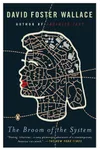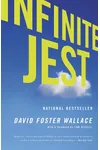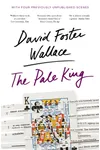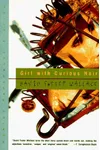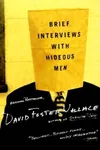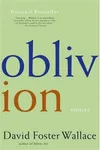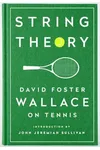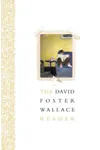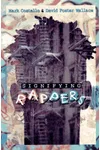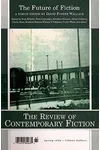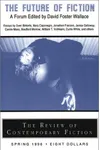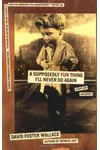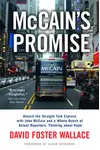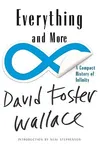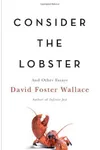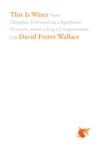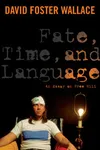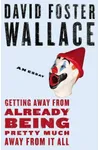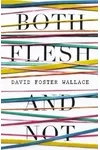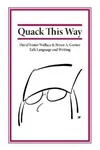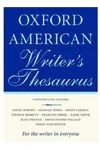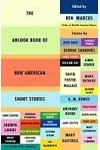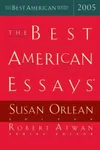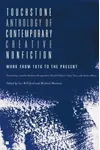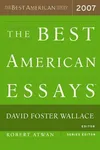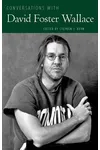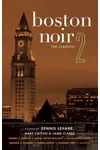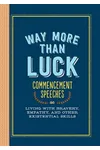Picture an American literary genius who turned the novel into a sprawling, mind-bending adventure—meet David Foster Wallace! Known for his magnum opus Infinite Jest, Wallace blended wit, philosophy, and raw human emotion to capture the chaos of modern life. His work, often dense yet dazzling, invites readers into a world where every sentence sparks curiosity.
Born in 1962, Wallace’s life was as complex as his prose. A brilliant mind shadowed by depression, he left an unforgettable legacy in literature before his tragic passing in 2008. Let’s dive into the story of a writer who redefined what a book could be.
The Making of David Foster Wallace
David Foster Wallace grew up in Ithaca, New York, and later Illinois, surrounded by academia—his father was a philosophy professor, his mother an English teacher. A tennis prodigy in his youth, he channeled his sharp intellect into writing, earning a degree from Amherst College. His early novel, The Broom of the System, written as his honors thesis, showcased his knack for blending humor with existential questions, marking him as a bold new voice in fiction.
Influenced by postmodern giants like Thomas Pynchon and Don DeLillo, Wallace carved his own path, rejecting minimalism for maximalist storytelling. His essays, often as celebrated as his fiction, revealed a mind obsessed with dissecting culture, from TV addiction to the ethics of eating lobster.
David Foster Wallace’s Unforgettable Stories
Wallace’s masterpiece, Infinite Jest (1996), is a 1,000-page epic blending addiction, entertainment, and a dystopian tennis academy. Its sprawling narrative, laced with endnotes, explores how we seek meaning in a media-saturated world. Fans call it a life-changing read; detractors say it’s gloriously overwhelming—either way, it’s a cultural landmark.
His short story collection, Brief Interviews with Hideous Men (1999), dives into the psyches of flawed, often unsettling characters, showcasing his ability to blend dark humor with empathy. Oblivion: Stories (2004) pushed further, probing existential dread with surgical precision. His nonfiction, like A Supposedly Fun Thing I’ll Never Do Again, turned cruise ships and state fairs into profound meditations on human connection.
Wallace’s style—dense, footnote-heavy, and conversational—mirrored the information overload of the digital age. His themes of addiction, loneliness, and the search for authenticity resonated deeply, making his work both timeless and eerily prescient.
Why David Foster Wallace Matters
David Foster Wallace didn’t just write books; he challenged how we think about storytelling. His influence ripples through contemporary authors like Zadie Smith and Jonathan Franzen, who admire his fearless exploration of the human condition. Infinite Jest remains a touchstone for readers grappling with the distractions of modern life, cementing Wallace’s place as a literary icon.
Despite his struggles with mental health, Wallace’s empathy and humor shine through, inviting readers to confront life’s big questions with courage. His work continues to inspire writers and readers to embrace complexity and seek connection in a fragmented world.
About David Foster Wallace
- Born: February 21, 1962, Ithaca, New York
- Key Works: Infinite Jest, Brief Interviews with Hideous Men, A Supposedly Fun Thing I’ll Never Do Again
- Awards: MacArthur Fellowship (1997), Whiting Award (1987)
- Died: September 12, 2008
Ready to lose yourself in a literary labyrinth? Grab Infinite Jest or dip into Wallace’s essays for a witty, profound ride through his singular mind!
